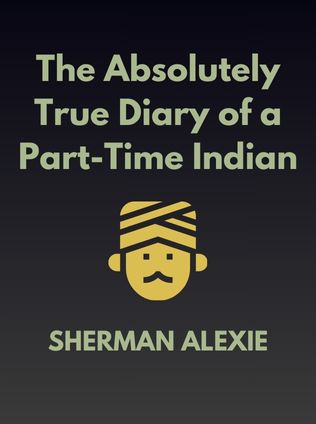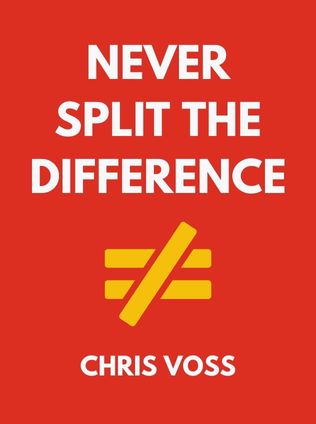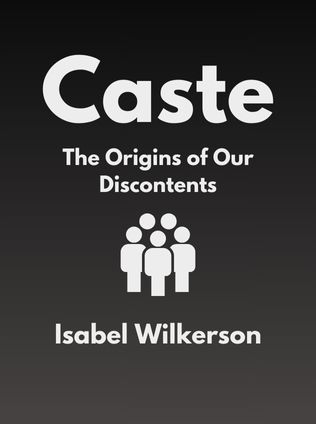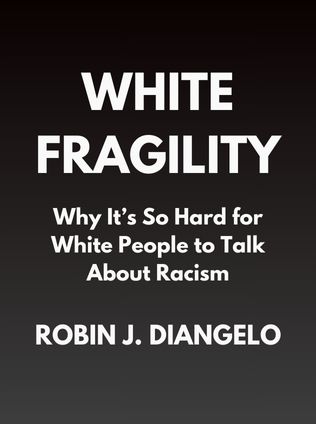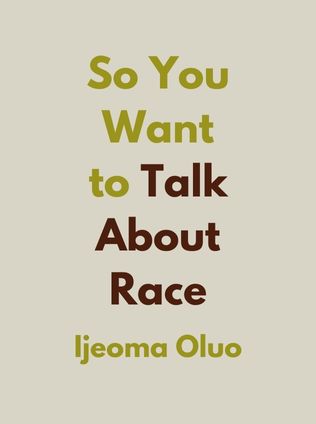
So You Want to Talk About Race
By Ijeoma Oluo
Published 01/2018
About the Author
Ijeoma Oluo is a powerful voice in the contemporary discourse on race and identity. Born and raised in the United States, Oluo has used her personal experiences as a Black woman to inform her writing, advocacy, and public speaking. Before she became a full-time writer, Oluo worked in the tech industry, where she was often the only Black person in the room. This experience of navigating predominantly white spaces profoundly influenced her perspectives on race, privilege, and systemic inequality. Her debut book, "So You Want to Talk About Race," published in 2018, quickly became a bestseller and solidified her position as a leading figure in discussions about race in America. Oluo’s work is characterized by its clarity, accessibility, and deep empathy, making complex and often uncomfortable topics accessible to a wide audience. Her follow-up book, "Mediocre: The Dangerous Legacy of White Male America," published in 2020, continues to explore themes of privilege, power, and systemic injustice, further cementing her role as an essential commentator on social issues.
Main Idea
"So You Want to Talk About Race" is a practical and insightful guide that aims to equip readers with the tools they need to engage in meaningful and productive conversations about race. Oluo explores the complex and often fraught topic of race in America, offering clear explanations of key concepts and providing practical advice on how to approach discussions about racism, privilege, and systemic inequality. The book emphasizes the importance of understanding the historical and social contexts of race and encourages readers to confront their own biases and privileges. Oluo argues that meaningful progress in addressing racial inequality can only be achieved through honest and open conversations about race, even when those conversations are difficult or uncomfortable. Through a combination of personal anecdotes, historical analysis, and practical advice, "So You Want to Talk About Race" serves as both a primer for those new to the conversation and a valuable resource for those already engaged in the work of dismantling racism.
Table of Contents
- Why We Haven’t Been Talking About Race
- Difficult Conversations: Why They’re Difficult
- Key Terminology
- What Is Racism?
- What Is Systemic Racism?
- What Is Privilege?
- What Is the Model Minority Myth?
- Joining the Dots
- Having the Conversation
- Beyond the Conversation
Why We Haven’t Been Talking About Race
Oluo begins her book by addressing the pervasive silence around race conversations in America. She identifies fear as a major barrier—fear of being misunderstood, fear of causing offense, and fear of being labeled a racist. For people of color, this fear is compounded by the exhaustion of constantly having to explain their experiences and the risk of having their pain dismissed or minimized. Oluo acknowledges these fears but argues that avoiding conversations about race only perpetuates the very systems of oppression that these fears stem from. "If we avoid talking about race entirely, we won’t get anywhere," Oluo asserts, underscoring the importance of breaking the silence. She emphasizes that silence is not neutrality; it is complicity. To challenge and dismantle the systemic racism that affects millions of lives, it is essential to bring these issues to the forefront of public discourse.
Difficult Conversations: Why They’re Difficult
Engaging in conversations about race is inherently challenging because it involves navigating multiple layers of communication. Oluo draws on the framework of "Difficult Conversations," a concept that suggests every difficult conversation contains three underlying sub-conversations: the "What Happened Conversation," the "Feelings Conversation," and the "Identity Conversation." The "What Happened Conversation" focuses on establishing facts and determining who is right or wrong, often leading to defensiveness and blame. The "Feelings Conversation" deals with the emotional impact of the issue, where participants may struggle to express or manage their emotions effectively. The "Identity Conversation" touches on deeper issues of self-worth and identity, where people may feel their core values or self-image are being challenged.
Oluo explains that these layers often operate simultaneously, making discussions about race particularly difficult to navigate. "It can be challenging to juggle all three sub-conversations at once," she notes. For example, when discussing racism, a white person might become defensive (What Happened Conversation), feel guilty or ashamed (Feelings Conversation), and worry about being perceived as a bad person (Identity Conversation). These emotional responses can derail the conversation and prevent meaningful dialogue. Oluo emphasizes the importance of recognizing these dynamics and approaching conversations with empathy, patience, and a willingness to listen and learn.
Sign up for FREE and get access to 1,400+ books summaries.
You May Also Like
How To Win Friends and Influence People
The All-Time Classic Manual Of People Skills
By Dale CarnegieFreakonomics
A Rogue Economist Explores the Hidden Side of Everything
By Steven D. Levitt and Stephen J. DubnerI Am Malala
The Story of the Girl Who Stood Up for Education and Was Shot by the Taliban
By Malala YousafzaiQuiet: The Power of Introverts
The Power of Introverts in a World That Can't Stop Talking
By Susan Cain
















